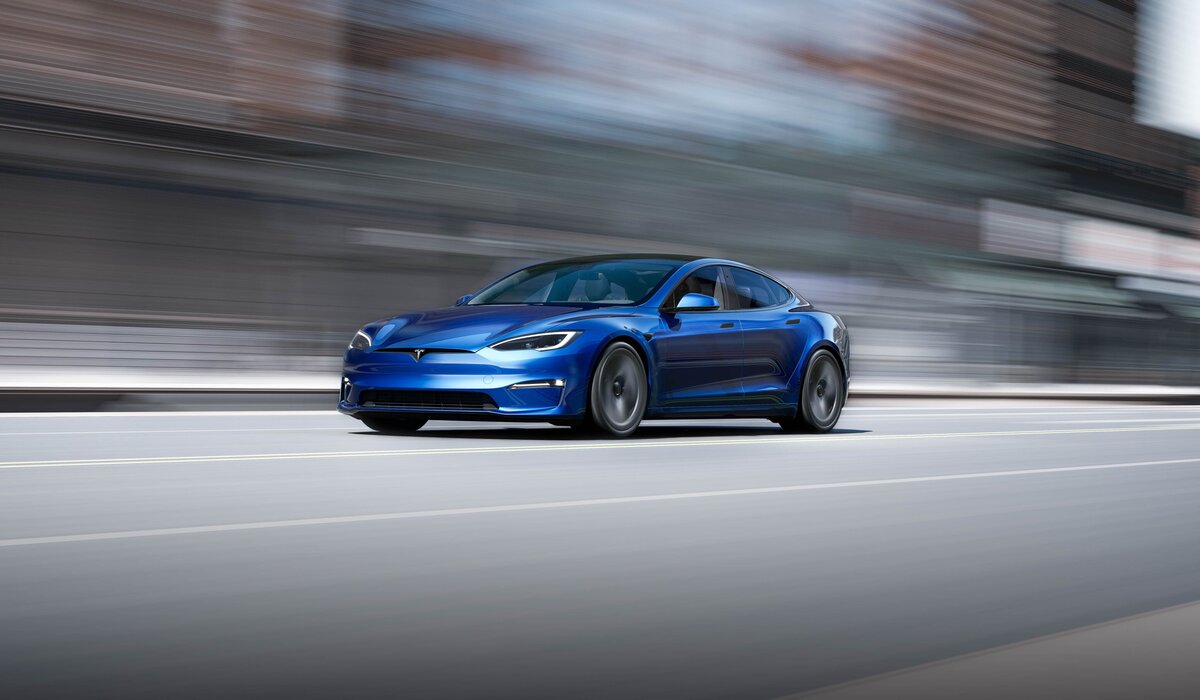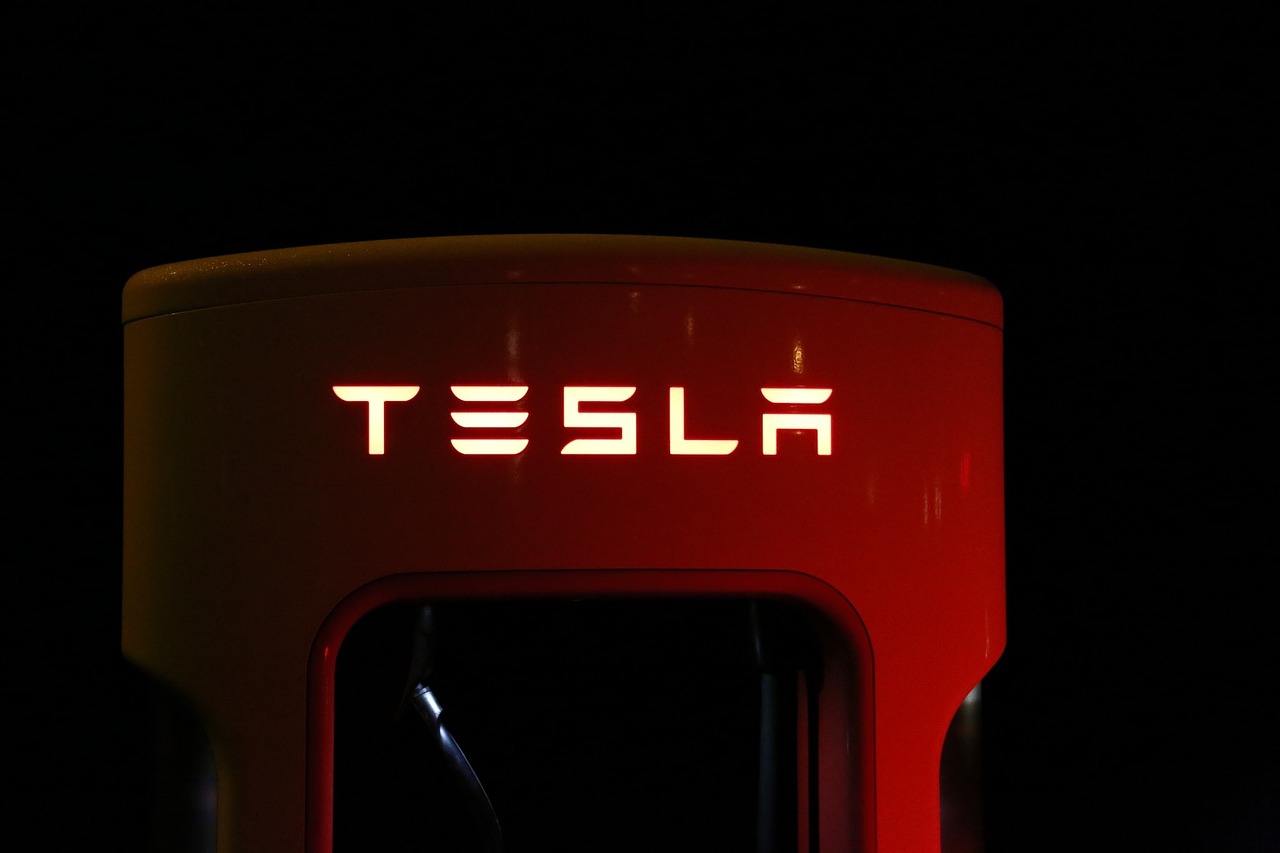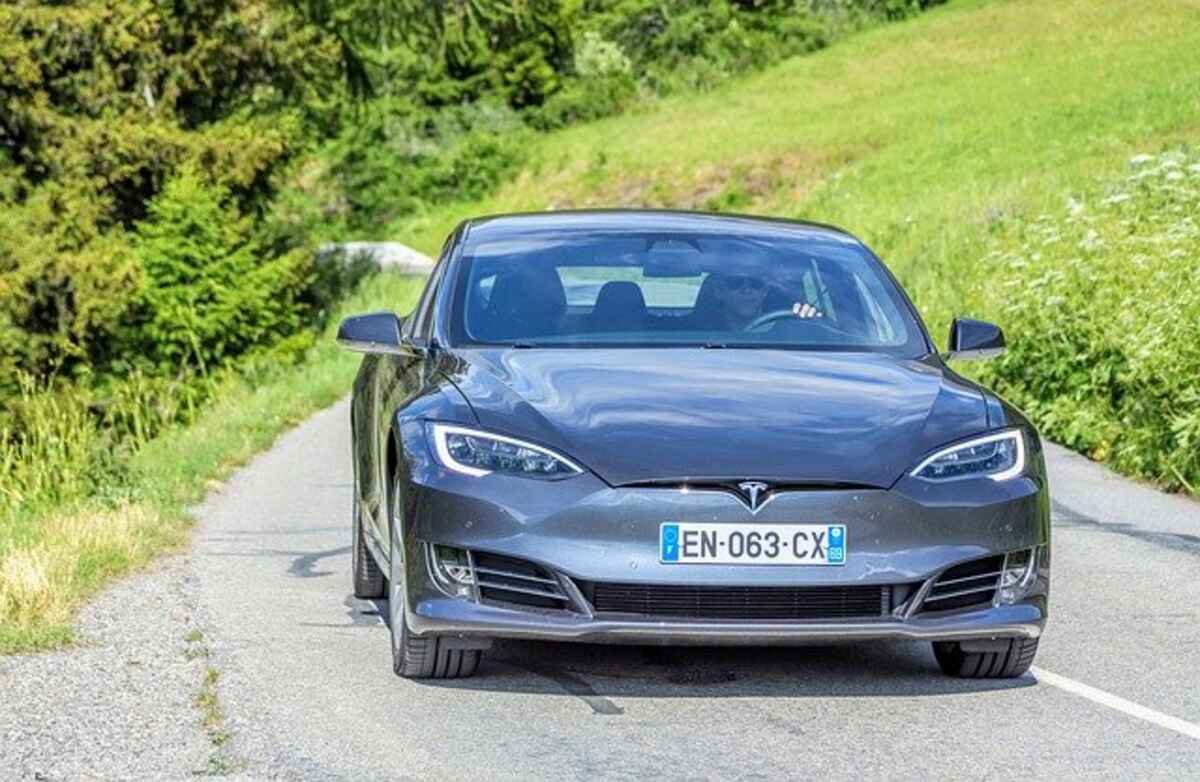The automotive industry has witnessed a transformative revolution over the past few decades, a change largely spearheaded by a single entity: Tesla.
As a pioneering force in the realm of electric vehicles (EVs), Tesla has not only redefined what we expect from our cars but has also set new benchmarks in automotive technology, sustainability, and innovation.
The journey from an ambitious startup to a dominant force in the automotive world is a tale of vision, resilience, and groundbreaking achievements.
This narrative delves into the depths of Tesla’s impact, exploring how it has reshaped the industry’s landscape and continues to drive the future of mobility.
Introduction to Tesla and its Impact on the Automotive Industry
In the early 2000s, the concept of electric vehicles was met with skepticism and dismissal by the mainstream automotive industry.
Enter Tesla, a company founded with the bold mission of proving that electric cars could surpass gasoline-powered cars in every aspect – from acceleration and reliability to environmental friendliness.
From its inception, Tesla was not just about creating electric vehicles; it was about revolutionizing transportation and making sustainable mobility a reality for the global population.
Tesla’s impact on the automotive industry can be observed in several layers. Firstly, it demonstrated that there is a viable market for electric vehicles, thereby encouraging other automakers to accelerate their own EV programs.
Secondly, Tesla’s focus on innovation, particularly in battery technology and automation, has pushed the boundaries of what is possible, setting new standards for the industry.
Lastly, Tesla’s direct-to-consumer sales model has challenged traditional automotive distribution channels, prompting a reevaluation of how cars are sold globally.
Also read: Ultimate Tesla Models Comparison Guide
The Rise of Electric Vehicles and Tesla’s Role in It
The ascent of electric vehicles can largely be attributed to Tesla’s relentless pursuit of innovation and excellence. Before Tesla, electric cars were often perceived as slow, unattractive, and impractical.
Tesla shattered these stereotypes by launching the Roadster, its first production vehicle, which was a high-performance sports car that could compete with traditional gasoline-powered cars. This move not only caught the world’s attention but also redefined public perception of EVs.
Following the Roadster, Tesla introduced the Model S, a luxury sedan that boasted impressive range, unparalleled safety ratings, and cutting-edge technology.
The Model S’s success proved that electric vehicles could excel in performance, range, and features, effectively dispelling doubts about the viability of EVs in the mainstream market. Tesla’s role in the rise of electric vehicles is undeniably monumental, catalyzing a shift in the industry’s direction towards sustainability and innovation.
Tesla’s Innovative Approach to Car Manufacturing
Tesla’s approach to manufacturing is as revolutionary as its vehicles. Unlike traditional automakers who rely on decades-old manufacturing and assembly practices, Tesla has embraced a more innovative path.
The company’s use of large-scale aluminum casting, for example, simplifies the manufacturing process, reduces the number of parts needed for the vehicle’s frame, and ultimately accelerates production.
Automation is another cornerstone of Tesla’s manufacturing philosophy. The company’s factories, often referred to as “Gigafactories,” are among the most automated in the world.
From battery production to vehicle assembly, Tesla employs cutting-edge robotics and artificial intelligence to enhance efficiency and precision.
This innovative approach not only streamlines production but also allows Tesla to rapidly iterate and implement improvements across its vehicle lineup.
The Success of the Tesla Model S and its Impact on the Market
The Tesla Model S has been a game-changer in the automotive industry. Launched in 2012, it was the first electric vehicle to win Motor Trend’s Car of the Year award, a testament to its groundbreaking design and performance.
The Model S debunked common misconceptions about electric vehicles, demonstrating that they could offer long range, fast charging, and exhilarating performance without compromising on luxury and comfort.
The ripple effects of the Model S’s success are profound. It forced traditional automakers to take electric vehicles seriously and accelerated the global shift towards sustainable transportation.
The Model S also set a new benchmark for vehicle safety, achieving the highest safety ratings from the National Highway Traffic Safety Administration. Its impact extends beyond just the automotive sector, influencing public opinion and regulatory policies on transportation and environmental sustainability.
Tesla’s Autopilot Technology and its Influence on the Industry
Tesla’s Autopilot technology represents a significant leap towards the future of autonomous driving. Introduced as an advanced driver-assistance system, Autopilot combines a suite of sensors, cameras, and artificial intelligence to enable vehicles to navigate with minimal human intervention. This technology not only enhances driving safety but also provides a glimpse into a future where cars can drive themselves.
The influence of Tesla’s Autopilot on the automotive industry is substantial. It has set a precedent for what is possible in vehicle automation, pushing competitors to accelerate their own autonomous driving programs.
Moreover, Autopilot has sparked a broader conversation about the role of software and data in driving innovation in the automotive sector, highlighting the shift towards vehicles that are as much about software as they are about hardware.
The Challenges Faced by Tesla and How They Overcame Them
Tesla’s journey has not been without its challenges. From production delays and financial struggles to public skepticism and regulatory hurdles, the company has faced numerous obstacles.
However, Tesla’s ability to overcome these challenges is a testament to its resilience and innovative spirit.
One of the key factors in Tesla’s success has been its ability to adapt and innovate rapidly. Whether it’s finding new ways to scale up production, securing funding through unconventional means, or navigating the complex landscape of automotive regulations, Tesla has shown an unparalleled ability to pivot and persevere. This resilience has not only helped Tesla survive but thrive, emerging stronger from each challenge it faces.
Tesla’s Role in Sustainability and Environmental Consciousness
Tesla’s commitment to sustainability goes beyond just producing electric vehicles. The company’s mission is to accelerate the world’s transition to sustainable energy, a vision that is reflected in its investments in solar technology and energy storage solutions.
By integrating sustainable energy production with electric vehicles, Tesla is working towards a holistic approach to reducing carbon emissions and combating climate change.
This commitment has had a ripple effect across the automotive industry and beyond, raising awareness about the importance of sustainability and inspiring both individuals and corporations to rethink their energy consumption.
Tesla’s role in promoting environmental consciousness is a critical aspect of its legacy, underscoring the company’s impact on not just the automotive industry but the planet as a whole.
The Future of the Automotive Industry with Tesla’s Influence
The future of the automotive industry is undoubtedly electric, and Tesla’s influence in shaping this future cannot be overstated. As the company continues to innovate and expand its product lineup, it sets the stage for a new era of transportation – one that is cleaner, safer, and more connected. With advancements in battery technology, autonomous driving, and renewable energy integration, Tesla is leading the charge towards a sustainable automotive ecosystem.
Moreover, Tesla’s success has galvanized the entire industry to accelerate the transition to electric vehicles, signaling a significant shift in how cars are powered, designed, and experienced. The future of the automotive industry, influenced by Tesla’s vision and innovation, promises to be radically different from its past, marked by a relentless pursuit of sustainability and technological advancement.
Tesla’s Competition and How They Stack Up
As Tesla continues to lead the electric vehicle revolution, it faces increasing competition from both traditional automakers and new entrants to the EV market. Companies like Volkswagen, General Motors, and startups like Rivian and Lucid are investing heavily in electric vehicles, seeking to capture a share of the rapidly growing market. While this competition underscores the viability of electric vehicles, it also challenges Tesla to maintain its edge in innovation, performance, and affordability.
Comparatively, Tesla’s advantages lie in its advanced battery technology, superior software capabilities, and a strong brand that is synonymous with electric vehicles. However, the competition is catching up, with many offering compelling EVs that rival Tesla in range, performance, and price. As the market evolves, Tesla’s ability to innovate and scale will be crucial in maintaining its leadership position.
Conclusion: The Ongoing Revolution and the Lasting Impact of Tesla’s Success in the Automotive Industry
Tesla’s journey from a niche electric vehicle startup to a dominant force in the automotive industry is a testament to the power of innovation, vision, and perseverance. By challenging the status quo and relentlessly pursuing its mission, Tesla has not only revolutionized the automotive industry but has also set the stage for a sustainable future of transportation.
The ongoing revolution in the automotive industry, driven by Tesla’s success, is a clear indication that the shift towards electric vehicles and sustainable mobility is irreversible. As we look to the future, Tesla’s lasting impact on the automotive industry and the planet will be remembered as a pivotal moment in the quest for a cleaner, more sustainable world. The story of Tesla’s success is far from over, and its journey continues to inspire and challenge us to reimagine the possibilities of what we can achieve.
Revolutionizing the Automotive Industry: The Tesla Success Story Unveiled not only chronicles the remarkable journey of Tesla but also serves as a blueprint for innovation, sustainability, and the relentless pursuit of excellence. As we witness the automotive industry’s transformation, Tesla’s legacy will undoubtedly be a guiding light for generations to come, driving us towards a brighter, more sustainable future.



